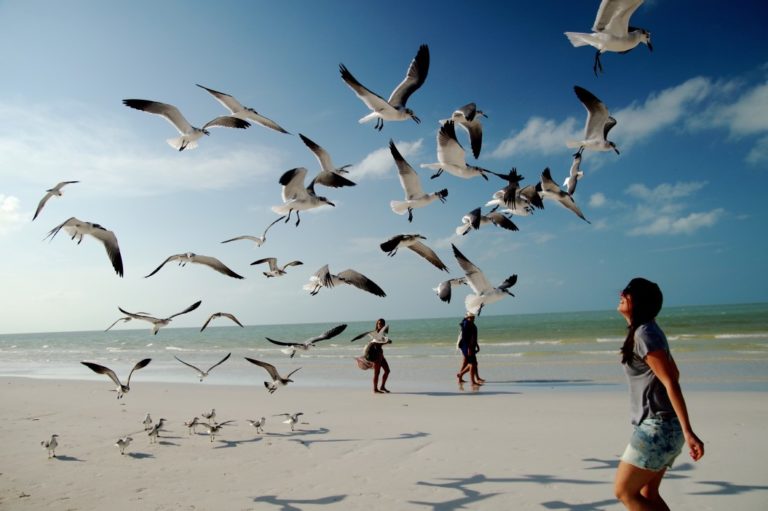ICELAND: The economics of Iceland’s travel industry
Why it should matter to you as a traveller?
It is no secret that Iceland is experiencing a hyper growth in tourism. Visitors outnumber locals by 1 to 10. There is much talk in Iceland about sustainable travel, and in particular, the social and environment impact of the travel industry.
In the last 10 year’s tourism has been an important contributor to the Icelandic economy. It accounts for 30% of its exports and contributes USD 3bn to the country’s economy. However, can Iceland develop its full potential while making its travel industry sustainable?
Top tips on how to contribute to the Icelandic economy positively
You can make a real deference to local economies by being mindful of when you visit and how you spend your money. Here are some considerations and tips to make your trip to Iceland positive for you and its economy.
Investing in the environmental and its people
Iceland has a visionary prime minster that looks beyond economics. Ms Jakobsdottir called for “an alternative future based on well-being and inclusive growth”. She is an advocate for adopting green and family-friendly priorities, instead and not just focusing on economic growth figures. And this is reflected in the country social spending. About 15% of its budget go to social issues.

Svinafellsjokull glacier in Iceland at sunset. Aerial view
80% of Iceland in uninhabited. Wilderness in the form of volcanic formations, glaciers, geysers and hot springs, cover nearly two thirds of Iceland. Over 20% of the country’s land is protected. The government has a plant to invest further in nature by creating a Central Highlands National Park.
Ethics or Culture?
What comes to your mind when you think of ethical travel in Iceland? Or even better, ethical issues in Iceland? Whale fishing? Apart from the mediatisation of fishing quotas in Iceland, you will find little to no information of ethical tourism in the country.
In principle, the country has a high level of transparency and you will find that people in the service industry are friendly and helpful. There are no apparent grey (undeclared) or black market activities (illegal). However, due to the growing pressure on tourism infrastructure you have to be aware of some arising social and ethical issues.

Houses in Landmannalaugar area of Fjallabak Nature Reserve in Highlands region of Iceland
Accommodation is getting scares. Hotels run an average at a 75% occupancy and in the Reykjavik region this goes as high as 85%. There is a growing number of undeclared rental places. This not only puts pressure on local housing markets but also leads to undeclared seasonal workers.
Rooms in hotels and guesthouses in of Iceland have increased 58%, since 2010, half of this is in the Reykjavik region. While the average occupancy rate is around 75%, going up to 85% in the capital region, accommodation availability in limited mainly in the top summer months.
Travel tips
Be careful when you book you accommodation. Airbnb has become popular in Iceland, but not every host is registered. The negative impact being soaring housing prices, undeclared accommodation and illegal workers.
So how about whale fishing?
While there is a historical and cultural background to whale and shark fishing, there is no real economic reason. Only about 17% of the country’s exports ate from fishing, while 42% from tourism. Even if Iceland is promoting sustainable and responsible fishing, they still have quotas for whale and shark fishing. So, what can you do?
Travel tips
Do you research in advance and support sustainable marine wildlife operations, such as North Sailing. Do not forget that fishing is still the backbone and main livelihood for many remote communities, so do treat them with respect. However, avoid sights and activates that promote and showcase in anyway wildlife cruelty and exploitation. Ask yourself, do you really need to see the Shark Museum or taste whale meat?
You will also find an abundance of animal product in souvenir shops, ranging from arctic foxes hanging on railings to knitted sheep’s wool jumpers, globes, hats and scarfs.
Go Local
Iceland has an abundance of local products and experiences. Take for example, food. While the country imports about 50% of its food, there are still a lot of local dished worth tasting. Same goes for souvenirs.

Iceland, beautiful sunset landscape of Vik Myrdal village, kurkirka church against the snowy mountains, South coast of Iceland
Trip tips
There are many places that service local food. So, ask the locals what to try and where to go for a bite of local delicacies.
If you want to buy Icelandic knitting products, don’t do it at a tourist shop or a shopping center. Go directly to the source and buy from the locals who knit the jumpers, mittens and hats themselves. Also consider local customs, such as showering naked before entering a swimming pool or hot pot.
Related post :
-
By Positive Travel   |1st December 2020Emotive Design Series Showcases the Marine Animals Who Are at Risk of Extinction Our brand new design series is visually ...
-
By Positive Travel   |14th September 2020And how to make conscious travel decisions It is enough to Google “sustainable travel” to get millions of answers from: ...
About
Travel Inspiration and Inside from Positive Travel



